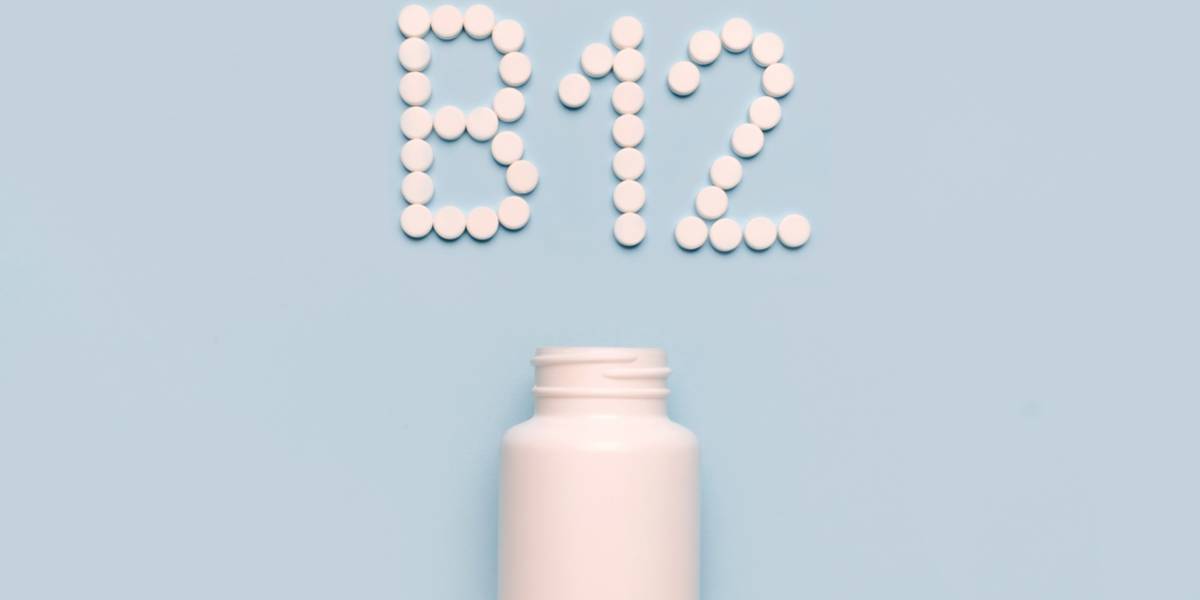New guidance suggests that a vitamin B12 test should be offered to older people who feel fatigue or unbalanced on their feet.
Up to 10% of people over 75 suffer from deficiency of B12, a vitamin that is generally found in meat, fish, eggs and dairy products.
B12 deficiency can cause symptoms including: anaemia, fatigue, blurry eyesight, impaired balance and delirium.
The National Institute for Health and Care Excellence (NICE) has recently released this updated advice which could mean that as many as 46,000 people could benefit from a B12 deficiency diagnosis.
NICE recommends that if an older person has at least one sign or symptom, then they should be offered a blood test.
People are at greater risk of B12 deficiency if they are at least 65 years old, have undergone surgery on their digestive system in the past or live with specific health conditions such as type 1 diabetes.
The draft guidance highlights that despite some people only needing one blood test to diagnose B12 deficiency, others may need further tests.
It goes on to advise B12 tablets or injections for those who are B12 deficient depending on the cause.
- At home vitamin B12 tests [Diabetes Shop]
- Feelings of depression less common among older people now compared to 30 years ago
Sufficient B12 helps the body sustain a healthy nervous system whilst reducing fatigue. The vitamin helps the body manufacture red blood cells which are used by the body to deliver oxygen to tissue cells.
Older people are more likely to develop B12 deficiency because aging can cause physiological differences which can prevent the body from absorbing the vitamin correctly.
They are also more likely to develop other health problems, such as memory loss and dementia, which can affect eating habits and diet.
As people following a vegan diet do not consume meat, fish, eggs and dairy products, they are also at a greater risk of B12 deficiency if they do not take B12 supplements.





